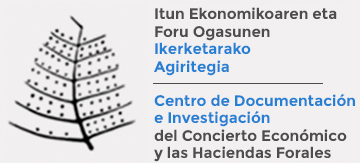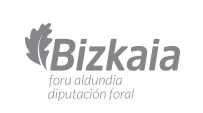The European Commission in its past meeting on December 6, 2011, adopted a Communication on the future of VAT. This decision sets out the fundamental characteristics that must define the new VAT regime, and prioritize actions needed to create a simpler, more efficient and more robust VAT system in the EU.
Three main objectives shape the vision for the new VAT system:
First, a simpler, more transparent VAT system would relieve businesses of considerable administrative burdens and encourage greater cross-border trade. This, in turn, will be good for growth. Among the measures forseen for a more business-friendly VAT are: 1) expanding the one-stop-shop approach for cross border transactions; standardizing VAT declarations; and 2) providing clear and easy access to the details of all national VAT regimes through a central web-clearing house.
Second, VAT must be made more efficient in supporting Member States’ fiscal consolidation efforts and sustainable economic growth. Broadening tax bases and limiting the use of reduced rates could generate new revenue for Member States without the need for rate increases. The standard VAT rate could even be reduced in some Member States, without any impact on revenue, if exemptions and reductions were removed. The Communication sets out the principles that should guide the review of exemptions and reduced rates. The Commission will also be analysing Member States’ use of reduced rates and exemptions when reviewing their fiscal policies in the context of the European Semester.
Third, the huge revenue losses that occur today due to uncollected VAT and fraud need to be stopped. It is estimated that around 12% of the total VAT which should be collected, is not (so-called VAT Gap). In 2012 the Commission will propose a quick reaction mechanism to ensure Member States can respond better to suspected fraud schemes. Furthermore, the Commission will see whether current anti-fraud mechanisms, such as Eurofisc, need to be strengthened and will explore the possibility of a cross-border audit team to facilitate multilateral controls.
Actualidad


